5 fun facts you might not know about Xiaomi
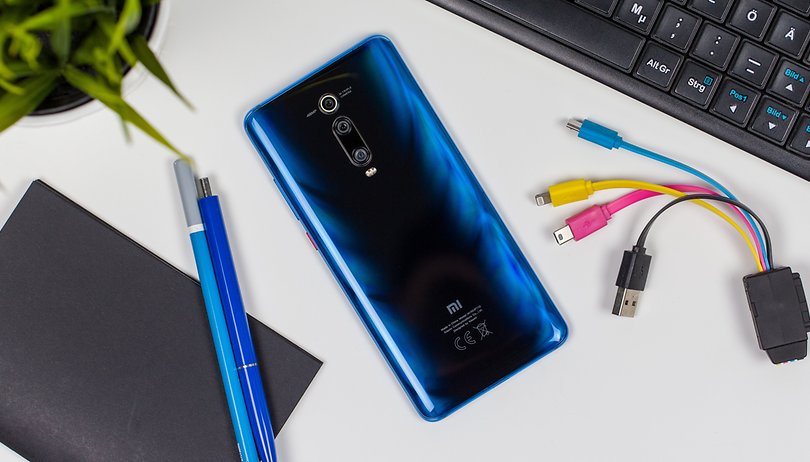
Xiaomi doesn’t have a long history: the start-up was established in 2010 and quickly became popular worldwide. Of course, it’s much more popular in China than in most other countries but it has succeeded in establishing a solid reputation without even having to advertise its smartphones in its home country. All the fans know this story, we’re rather more interested in the facts that aren’t widely known.
The name is quite enigmatic
Who says Chinese manufacturers must have a Chinese name? The term "Xiaomi" is a transposition of Chinese characters to the Western alphabet and, as you might expect, the interpretation is confusing. I asked my Chinese colleague to explain it and, according to her, the two characters 小米 (Xiao and Mi) literally mean “little millet” (millet being a cereal) or even “little rice”.
Xiaomi’s logo resembles the Western character “mi”. Charlotte explains that Xiaomi tried to link Chinese characters with Latin characters since in reverse, the Chinese symbol for "Mi" looks a lot like the character that means “heart”. The term “Mi” is a name that we find on all the brand’s smartphones (Mi, Mi Note, and Redmi), conveying a positive idea that is unfortunately lost on Western customers.
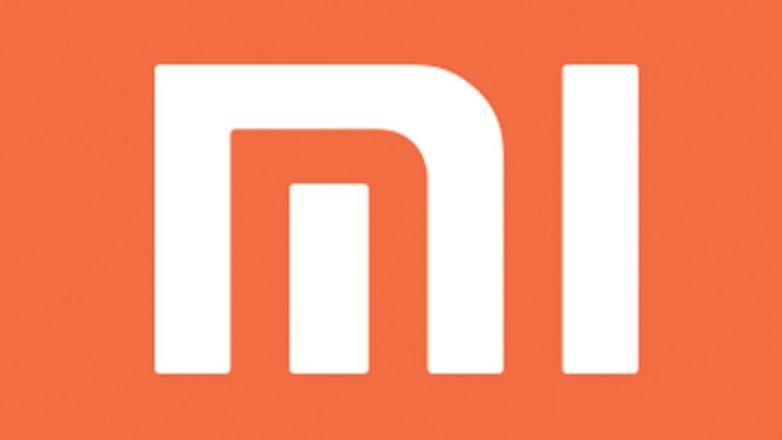
The start-up value is phenomenal
2015 was a seminal point for Xiaomi as a company. While in Europe (especially in Berlin) we imagine start-ups as being small businesses of around 30 people trying to make a name for themselves, Xiaomi wass a step ahead as it succeeded in surpassing Uber to become the world’s most valuable start-up. What was the turnover at this time? No less than $20 billion! What more could you ask for?
Today the company behind TikTok, Bytedance, has overtaken both companies but Xiaomi company continues to grow and Xiaomi employs more than 16,000 employees, which is a considerable number but nothing compared to the 190,000 employees of its Chinese rival Huawei.
The business is on an upward slope but it would be better to avoid resting on their laurels, the market is quickly evolving and it's necessary to evolve with it if you want to stay on track.
The business’ activities are very varied
While it’s not surprising to see giants like Sony, Huawei or Samsung moving into various sectors, it’s curious to see this young business taking a similar path. That said, Xiaomi is a case in point and fully understands that the key to success in the high-tech market is to diversify. Admittedly, whilst it is mainly known for smartphones that it sells at “the lowest possible” price to manufacturing costs in order to attract customers, Xiaomi is much more than that.
Xiaomi, of course, specializes in the manufacturing of electronic devices: smartphones, smart bracelets, tablets, and smart TVs. It also works on various accessories, from headphones to smart shoes and even more. However, the real surprise lies elsewhere. Xiaomi also develops router technology, gamepads and even drones. I didn’t have the chance to test the Mi Drone but according to what I have read on the subject, it’s not the best thing that they have produced.
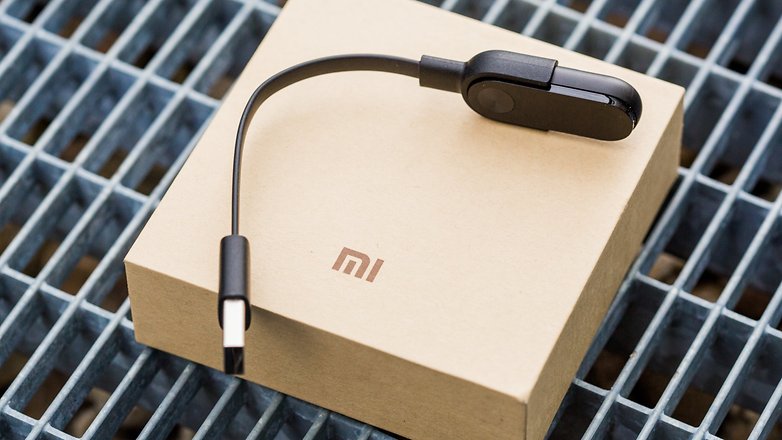
Xiaomi attracts experienced hotshots
It’s not just Xiaomi; having the right contacts is always useful in business. Whatever their level, whatever their size. As a newcomer to the market, Xiaomi needed to learn how to get advice from those in the know. In 2013 it succeeded in poaching Hugo Barra, former product manager for Google (and Android development manager) to be its vice-president.
In 2014, Xiaomi welcomed one of the three Apple founders, Steve Wozniak. According to him, Xiaomi has “excellent products” that “good enough to break the American market". That’s how to stroke a small business’ ego. In fact, one of Xiaomi’s creators is called the “Chinese Steve Jobs”, the other is one of the former Google hotshots in China and has also worked at Microsoft. In brief, the start-up has excellent staff to support its activities.
Having good contacts is always useful for a business. Whatever the level, whatever the size
Xiaomi has also been accused of spying
Perhaps you have already heard that the Chinese tend to spy through their phones. How much of this is stereotyping or reality? In 2014, spyware (spy software) was detected on the Xiaomi Redmi Note and Xiaomi Redmi 1S, and had been activated on models sold in China, Hong Kong and Taiwan. The situation was blown out by the media and an investigation was carried out by a Taiwanese commission that also extended to other regional manufacturers. Result: everyone was cleared.
Despite this, Xiaomi did manage to gain a reputation. In 2015 a German business, G Data, announced that it was common to see spyware on Chinese smartphones, which confirms the results that had already been recorded in the Star N9500.
Are you a fan of Xiaomi and its devices? Share your thoughts in the comments section below.




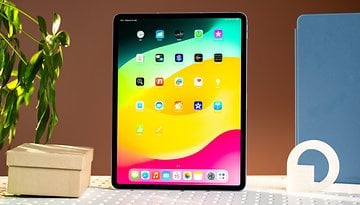
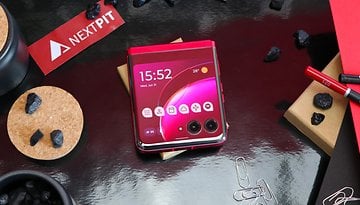




-
Admin
Dec 8, 2019 Link to commentI have a Redmi 8 and it í ạ great phone fỏ the price. Could not ask for more